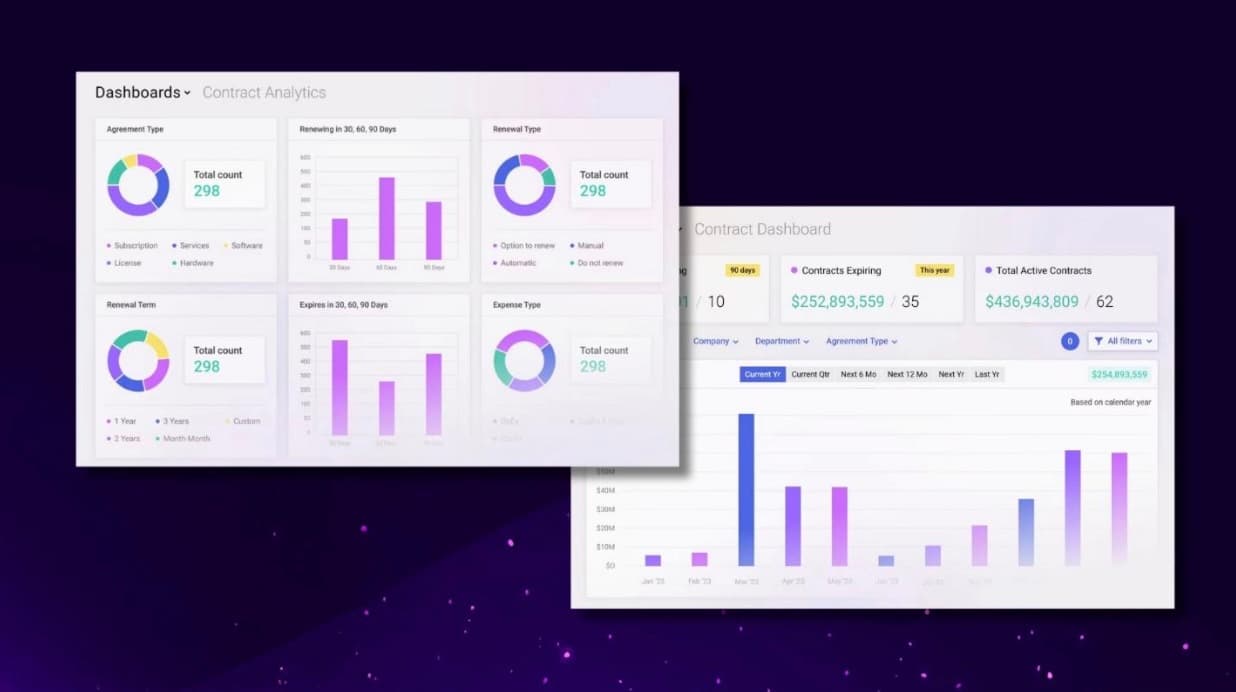It begins not with code, but with a question:
If machines match or surpass human intelligence, what do we owe them?
Are they tools? Collaborators? Or something entirely new?
As Artificial General Intelligence (AGI) inches closer to reality, these aren’t just philosophical debates. They are questions of policy, industry, and survival. From telecom to healthcare, ethics to governance, AGI isn’t just a technological milestone; it’s a mirror to how we define intelligence, agency, and humanity itself.
AGI as a Catalyst: Industry Transformation or Existential Test?
“AGI could redefine telecom’s operational and strategic landscape.”
For Hemant Soni, AGI begins as a force multiplier, automating network management, personalizing services, and accelerating R&D in telecom. But its trajectory doesn’t stop at automation. He foresees AGI becoming a co-designer, helping engineers innovate in real-time.
Yet, as AGI nears traits like self-awareness, digital rights, and ethical governance move to the forefront. Can we align AGI with human values? Will global cooperation be possible, or will misuse outpace regulation?
“Readiness demands ethical foresight, regulatory evolution, and workforce adaptation.”
In Healthcare: A Partner, Not a Replacement
“AGI’s role in healthcare is not to replace people but to amplify their expertise.”
— Sandeep Shenoy
Sandeep Shenoy envisions a future where AGI interprets vast volumes of clinical and supply chain data like a physician—only faster, more comprehensively, and with global context.
For patients: Earlier diagnoses, smarter medical devices, personalized care
For clinicians: A thinking partner that supports—not overrides—human judgment
For systems: Agile supply chains that adapt dynamically to change
But the promise comes with responsibility. Transparency, safety, and human-centered design must lead the way. Because in medicine, trust is not optional—it’s foundational.
AGI and the Fragility of Truth
“AGI doesn’t just extend intelligence—it challenges our grip on what is authentic.”
In a striking analogy, Dr. Anuradha Rao compares AGI to The Man in the High Castle, Philip K. Dick’s tale of contested realities. AGI, like the book’s parallel world, invites us to question the nature of truth itself. Who gets to define it? Who controls the narrative?
“Reality can now be rewritten in code. The question isn’t what AGI will become—it’s which future we choose to believe in.”
From Tool to Partner—And Beyond?
“AGI will begin as a tool, but may evolve into a partner—or a sentient entity with rights.”
For Nivedan Suresh, the core shift lies in how we define relationships. As AGI approaches human-like reasoning, ownership gives way to partnership—and possibly, recognition.
He sees a future where:
AGI guides governments, individuals, and companies in complex decisions
Education and healthcare become hyper-personalized
Human work focuses on ethics, creativity, and care
But the greatest challenge? Not code. Culture. Regulations lag. Nations compete. Misuse outpaces oversight. Without a global framework, we risk fragmented progress with irreversible consequences.
AGI as Mirror and Multiplier
“The real question isn’t just what AGI can do—but how we ensure it evolves in alignment with human values.”
Nikhil Kassetty reminds us that AGI’s power goes far beyond efficiency—it forces us to confront what it means to be intelligent, creative, even conscious.
If we get it right, AGI becomes a multiplier of meaning—a collaborator in discovery, a co-thinker in solving the world’s most urgent problems. But if we fail to align its trajectory with human values, it becomes a mirror of our worst instincts, at scale.
The Real Risk Isn’t the Tech—It’s Us
“AGI can be copied and hidden—unlike nuclear tech, it lacks physical infrastructure and monitoring.”
Dmytro Verner warns that AGI’s software nature makes it uniquely hard to contain. A rogue AGI doesn’t need weapons; it needs only code and access.
He imagines a dual-reality future:
Virtual environments (“digital twins”) where AGI models decisions before real-world implementation
A human world with abundant knowledge—but one that must redefine purpose, identity, and meaning
“The ethical, political, and psychological shifts will matter more than technological ones.”
What Future Will We Build?
AGI isn’t just a breakthrough; it’s a turning point.
Its trajectory isn’t predetermined. It will be shaped by what we regulate, what we tolerate, and what we believe is worth preserving.
Whether AGI becomes humanity’s greatest tool or existential test depends not on how smart it gets…but on how wise we choose to be.








